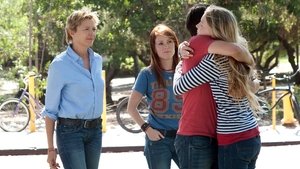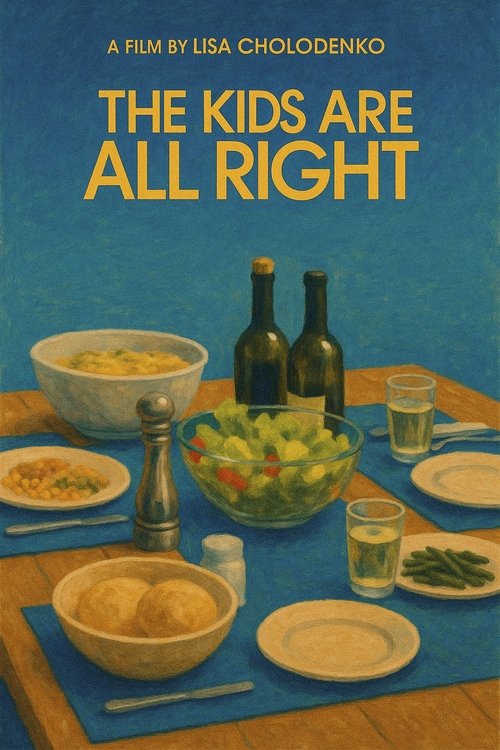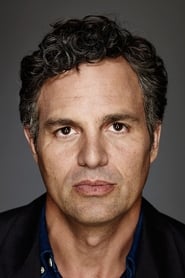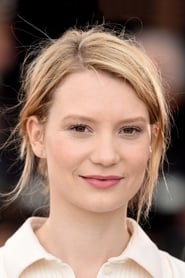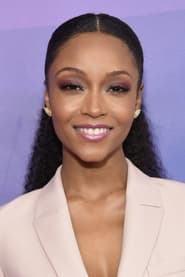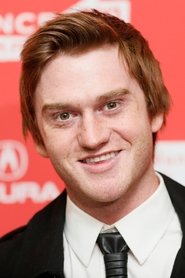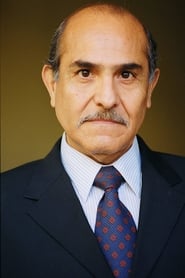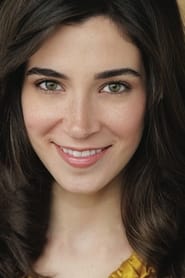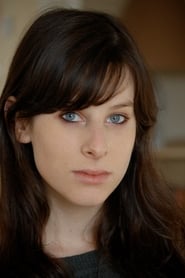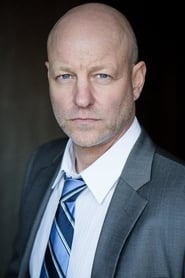Cast
View AllJulianne Moore
as Jules
Annette Bening
as Nic
Mark Ruffalo
as Paul
Mia Wasikowska
as Joni
Josh Hutcherson
as Laser
Yaya DaCosta
as Tanya
Kunal Sharma
as Jai
Eddie Hassell
as Clay
Zosia Mamet
as Sasha
Joaquín Garrido
as Luis
Rebecca Lawrence Levy
as Brooke
Lisa Eisner
as Stella
Eric Eisner
as Joel
Sasha Spielberg
as Waify Girl
James MacDonald
as Clay's Dad
Crew
Director
- Lisa Cholodenko
Writer
- Stuart Blumberg
- Lisa Cholodenko
Producer
- Celine Rattray
- Jeffrey Kusama-Hinte
- Phillippe Hellmann
- Daniela Taplin Lundberg
- Gary Gilbert
- Jordan Horowitz
Reviews
Filipe Manuel Neto
**A “gay friendly” film that manages to be minimally neutral to also please those who are out of political and ideological struggles.**
The troubled causes have never been so popular as they are today: from abortion to euthanasia, from the historical question between colonizing and colonized countries to the return of looted artworks by European museums, passing through the causes of the Gay Movement, whose acronym grows every year, to embrace any new definition invented for each way of feeling and living sexuality, reflecting a need for affirmation that is felt more strongly than the convenience of presenting a certain union in the ranks. This “gay friendly” film fits perfectly into a growing list of cinema works dedicated to scrutinizing the dynamics of these new families. The advantage of this film is that it is not overly militant.
The script introduces us to two mature women, who live in a stable lesbian relationship and who decided to get pregnant, by artificial insemination (obviously the more traditional method was discarded for obvious reasons), the semen donor was the same and the children who were born are, therefore, half-siblings on the part of the father (whom they do not know). It is precisely the search for her biological father and the creation of a closer relationship with him that takes the plot forward, with the introduction of this friendly and uncomplicated man totally destabilizing the life of that house.
I liked the movie in general. At the same time that it tries to deny that idea, much replicated, that two lesbians would instill their own sexual orientation in their children, the film seeks to create a question around the inviolability of the anonymity of the donors of seminal material… I cannot speak for everyone, but I would never donate semen if I suspected that, years later, someone might have knocked on my door and said he was my son. Anonymity is something that should be inviolable and sacred here, regardless of the will of those involved. It was the point in the script that bothered me the most, but there were a few more.
For me, the strongest point of the film ends up being the cast and its very good performance, strongly supported by a duo of veterans: Julianne Moore and Annette Bening. Both are amazing in their characters, and they establish an excellent working dynamic and good chemistry. Mia Wasilowska and Josh Hutcherson, both still quite young, are a nice and refreshing addition to the cast, both of whom seem to be really enjoying what they're doing. Besides, we all know them nowadays, because they are two young stars. Although it's not that interesting, I have to admit that I liked Mark Ruffalo's work. I think his character was poorly thought out, and poorly written, but the actor manages himself very well and knows how to get around the obstacles that appear.
It's not a technically remarkable film, it's notable that it didn't have a superb budget, and that it was a job done thanks, in part, to the extreme dedication of everyone involved. It doesn't have amazing cinematography and editing, but what it's done works well and is effective. The film has a pleasant, light pace, and a humorous and uncomplicated atmosphere.
Jul 15, 2022
Thematic Analysis
As a dramatic work, The Kids Are All Right examines complex human relationships and emotional struggles against the backdrop of contemporary challenges that mirror our own experiences. The character development particularly stands out, offering viewers a chance to reflect on their own life journeys.
Director Lisa Cholodenko brings their distinctive visual style to this film, continuing their exploration of themes seen in their previous works while adding new elements. Their approach to character development and emotional depth creates a viewing experience that rewards close attention.
Released in 2010, the film exists within a cultural context that continues to evolve with our understanding of its themes. Its reception demonstrates the diverse reactions to its artistic choices and its place in cinema history.
Did You Know?
- The production of The Kids Are All Right took approximately 8 months from pre-production to final cut.
- With a budget of $3.5 million, the film proved to be a financial success, earning back its investment and more.
- The final cut of the film runs for 106 minutes, though the director's initial assembly was reportedly 155 minutes long.
- Several scenes were filmed in multiple locations to capture the perfect setting.
- The film contains approximately 2486 individual shots.
- The director insisted on using practical effects whenever possible, reserving CGI for only the most necessary scenes.
Historical Context
- In 2010, when this film is released:
- Political polarization was intensifying in many countries.
- Smartphones and social media had transformed daily life and communication.
- Streaming platforms were disrupting traditional distribution models and changing how audiences consumed films.
How This Film Stands Out
While The Kids Are All Right shares thematic elements with other films in its genre, it distinguishes itself through its unique approach to storytelling, visual style, and character development.
Unlike The Ordinaries, which focuses more on action than character development, The Kids Are All Right subverts genre expectations by exploring its themes with greater nuance.
While films like Frühstück mit einer Unbekannten and Mutants explore similar territory, The Kids Are All Right stands apart through its distinctive directorial vision and pacing.
This film's unique contribution to cinema lies in its thoughtful balance of entertainment value and thematic depth, making it a valuable addition to its genre.
Details
- Release Date: July 9, 2010
- Runtime: 1h 46m
- Budget: $3,500,000
- Revenue: $34,705,850
